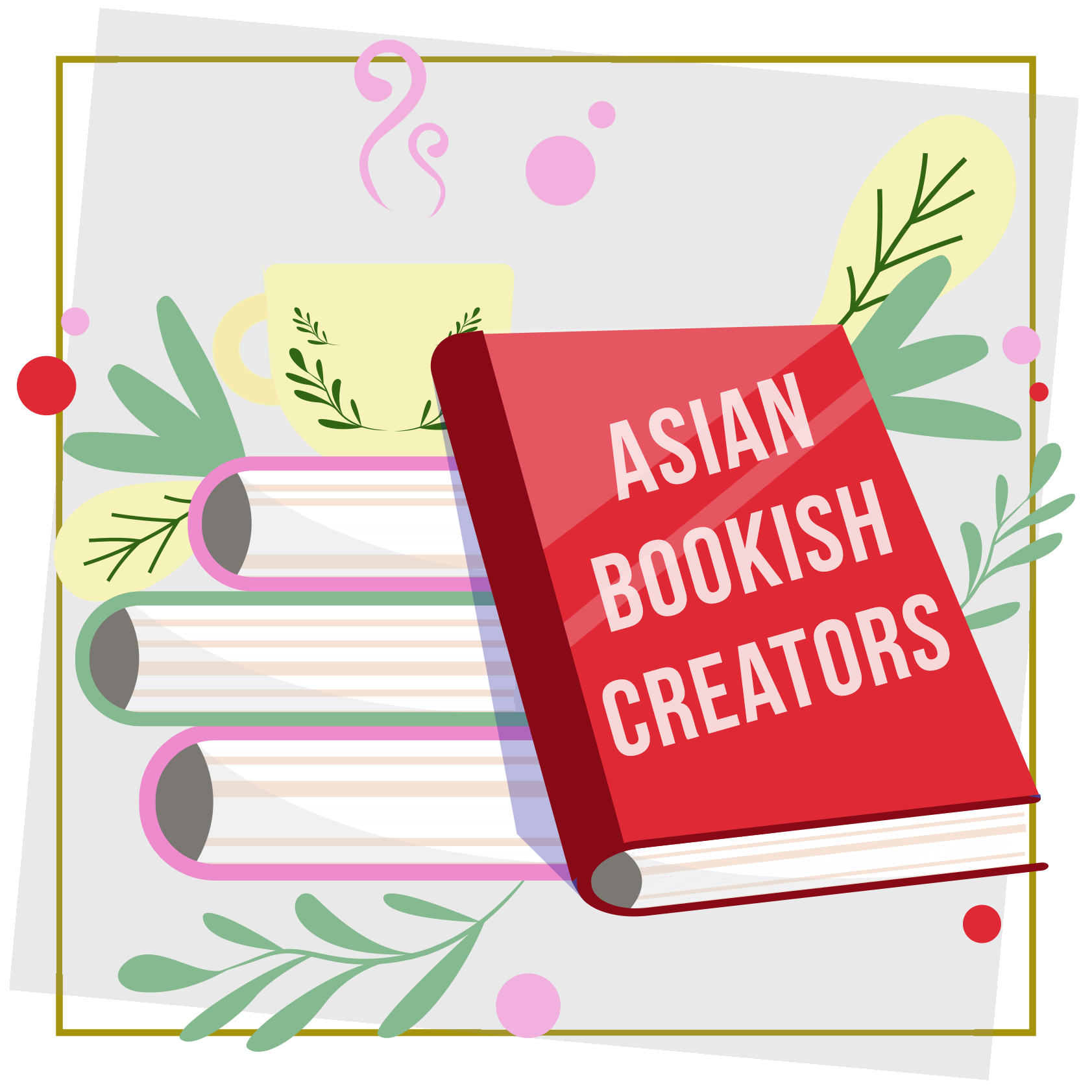| ISBN: 978-1455563920 | Pages: 512 |
Publication Date: November 14, 2017 | Source: Own (ebook)
| Rating: 3.5 out of 5 stars |
★★★☆
"There could only be a few winners, and a lot of losers. And yet we played on, because we had hope that we might be the lucky ones."
In the early 1900s, teenaged Sunja, the adored daughter of a crippled fisherman, falls for a wealthy stranger at the seashore near her home in Korea. He promises her the world, but when she discovers she is pregnant--and that her lover is married--she refuses to be bought. Instead, she accepts an offer of marriage from a gentle, sickly minister passing through on his way to Japan. But her decision to abandon her home, and to reject her son's powerful father, sets off a dramatic saga that will echo down through the generations.
Richly told and profoundly moving, Pachinko is a story of love, sacrifice, ambition, and loyalty. From bustling street markets to the halls of Japan's finest universities to the pachinko parlors of the criminal underworld, Lee's complex and passionate characters--strong, stubborn women, devoted sisters and sons, fathers shaken by moral crisis--survive and thrive against the indifferent arc of history.
In the early 1900s, teenaged Sunja, the adored daughter of a crippled fisherman, falls for a wealthy stranger at the seashore near her home in Korea. He promises her the world, but when she discovers she is pregnant--and that her lover is married--she refuses to be bought. Instead, she accepts an offer of marriage from a gentle, sickly minister passing through on his way to Japan. But her decision to abandon her home, and to reject her son's powerful father, sets off a dramatic saga that will echo down through the generations.
Richly told and profoundly moving, Pachinko is a story of love, sacrifice, ambition, and loyalty. From bustling street markets to the halls of Japan's finest universities to the pachinko parlors of the criminal underworld, Lee's complex and passionate characters--strong, stubborn women, devoted sisters and sons, fathers shaken by moral crisis--survive and thrive against the indifferent arc of history.
I'm at a complete loss for words towards this book - it was so good but not in the traditional novel sense, at least not in what I'm used to and I'm a bit confused on how to approach this review...
Pachinko follows a family across several generations as they go from living in a small town in Japanese occupied Korea to their immigration into a foreign country and building their life amidst racism and poverty. This novel is so historically dense and as it's written in third person, there's almost a documentary-like feel to the story-telling.
“Living everyday in the presence of those who refuse to acknowledge your humanity takes great courage.”
I've never delved much into Asian history despite being Asian and we're not taught a lot on that subject in schools either. My favorite part of this novel was how it taught me so much about life in the 1900s in Korea and Japan - particularly since this time period is one that I knew virtually nothing about. It's evident that the author did a lot of research going into this novel because despite the characters being fictional, the struggles they experienced and the lives they led were incredibly relevant.
“There was more to being something than just blood.”
Now, the historical-ness of Pachinko is both a good thing and a bad one. The part I didn't love about how direct this novel was that the writing style made it hard to connect with the characters since the author addressed them in such a detached way. There are some scenes which could be utterly heartbreaking (i.e. deaths, births, marriages, etc.) and the author just stated the events and didn't allow for any "excess" detail - "and he died" (for example).
“In life, there was so much insult and injury, and she had no choice but to collect what was hers.”
Regardless, I still managed to really like each character. A quick rundown, more for my memory really, we have Sunja who is the first main character we really follow throughout the story. She is the prized daughter who loses her virtue to a wealthy stranger and is rescued from shame by a kind minister on his way to Japan. We follow the development of her story, the birth of her sons and their lives in Japan. While I liked the characters, I didn't have a character I particularly connected with - I kind of read the novel with this very direct narrator voice...like the ones you'd hear narrating a wildlife documentary.
“We cannot help but be interested in the stories of people that history pushes aside so thoughtlessly.”
I appreciate how Pachinko opened my eyes to a whole new side of history that I wasn't aware of. This is a very informative novel about the struggles many Koreans faced with Japanese occupation along with the repercussions of World War II and being alienated from both Japan and their homeland. I don't think this novel is for everyone, it's very straightforward which could be off-setting for some, but it was a very enlightening read.









 Support Me on Ko-fi
Support Me on Ko-fi







0 Comments